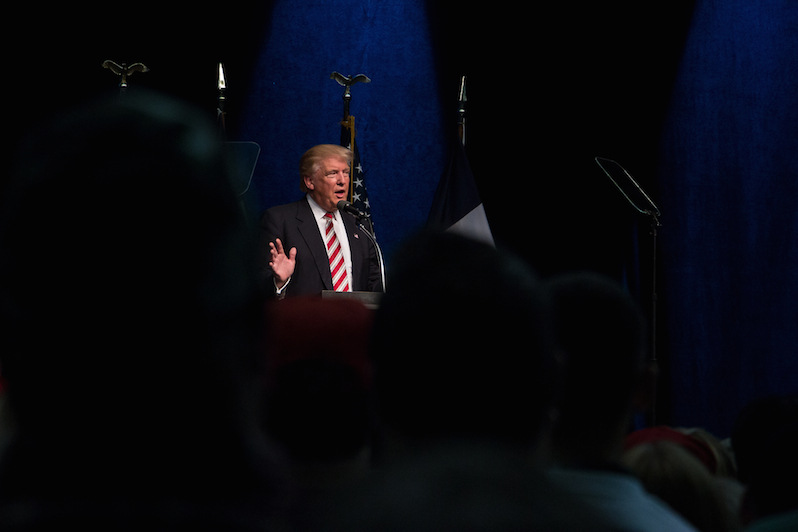In Trump Times, the Enemies of Our Enemies Are Not Necessarily Our Friends
How can we recognize who our allies are in the mixed-up world of the new president? President Donald Trump's words and actions have sometimes perplexed even some who could generally be expected to side with him. (John Pemble / CC 2.0)
1
2
3
President Donald Trump's words and actions have sometimes perplexed even some who could generally be expected to side with him. (John Pemble / CC 2.0)
1
2
3

President Donald Trump’s words and actions have sometimes perplexed even some who could generally be expected to side with him. (John Pemble / CC 2.0)
Independent journalism is under threat and overshadowed by heavily funded mainstream media.
You can help level the playing field. Become a member.
Your tax-deductible contribution keeps us digging beneath the headlines to give you thought-provoking, investigative reporting and analysis that unearths what's really happening- without compromise.
Give today to support our courageous, independent journalists.






You need to be a supporter to comment.
There are currently no responses to this article.
Be the first to respond.